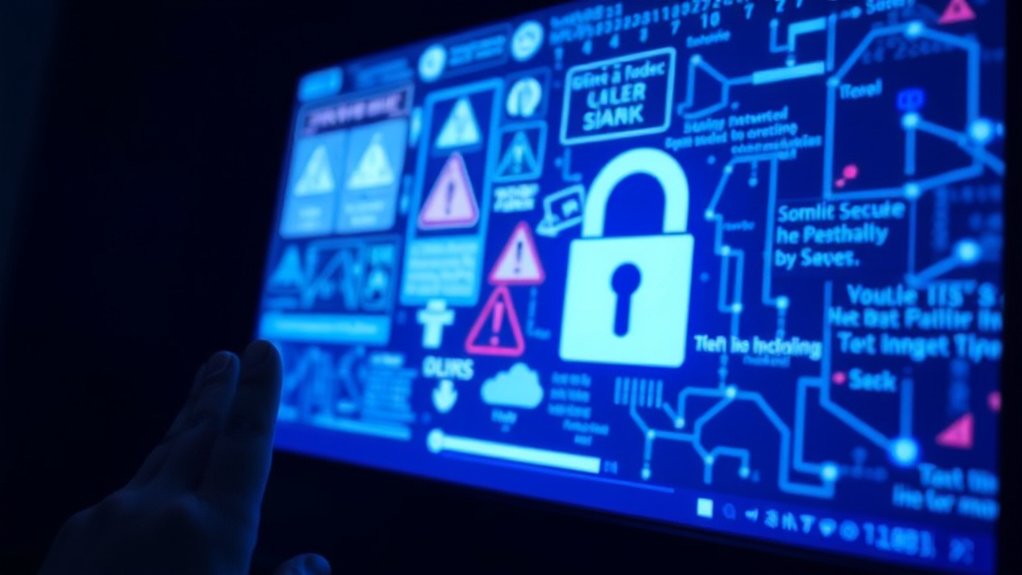In a significant settlement announced in July 2025, Illumina, a leading provider of genomic sequencing technologies, agreed to pay $9.8 million to resolve allegations brought forth by whistleblower claims regarding cybersecurity vulnerabilities in its genetic testing systems. This resolution pertains to devices sold between 2016 and 2023, which had known safety flaws that the company allegedly failed to disclose.
The Pacific Coast firm was accused of submitting false claims to the U.S. government, certifying that these devices adhered to cybersecurity standards, in spite of being aware of their shortcomings. Illumina’s genomic sequencing systems contained both software and hardware vulnerabilities that exposed sensitive genomic data. Ongoing material cybersecurity vulnerabilities were highlighted by federal regulators, indicating that the company violated cybersecurity standards without remedying these issues or making necessary disclosures. Even though there were no confirmed data breaches, the implications of compromised data integrity remained a concern, especially given the sensitive nature of the patient information stored within these systems. The vulnerabilities affected a variety of products supplied to U.S. government agencies over seven years. Additionally, the allegations emphasized the importance of cybersecurity in biotech and its impact on government contract compliance. The company’s failure to implement vulnerability scanning could have prevented early detection of these security gaps.
The financial impact of the settlement remains minor in comparison to Illumina’s extensive operations, as the company reported a net income of $131 million in the first quarter of 2025 alone.
The settlement’s financial impact is trivial compared to Illumina’s robust first-quarter net income of $131 million in 2025.
Nevertheless, the repayment for false claims—specifically, billing for devices presented as compliant—could have significant reputational repercussions for the corporation. Though ongoing government contracts were not canceled, heightened scrutiny regarding compliance could affect future procurements and regulatory oversight.
The original whistleblower, a former employee, filed the complaint in 2023, leading to a substantial Department of Justice investigation that culminated in the settlement. The whistleblower was awarded $1.9 million from the settlement funds, establishing a precedent regarding the importance of whistleblower actions in revealing cybersecurity malpractice within the biotech sector.
In the end, the case serves as a vital reminder of the necessity for strict adherence to government-mandated cybersecurity standards for the sale of technology.








